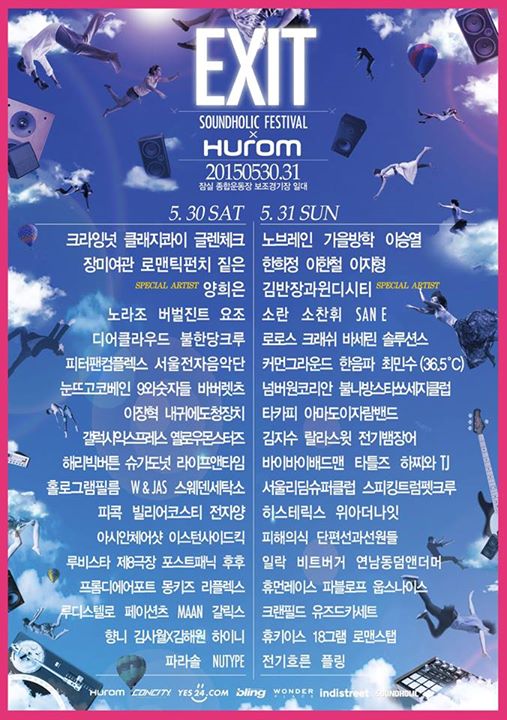

EVENT
How to Write Inter-Asia pop Studies Collectively: the Difficulties of Collaborative Research
How to Write Inter-Asia pop Studies Collectively: the Difficulties of Collaborative Research
Date: April 27 2013
Place: Michael Hall 301, Sungkonghoe University
Organized by: IEAS, Sungkonghoe University
* This workshop was supported by funding from KRF (Korea Research Foundation (KRF-2007–361–AM0005)
Inter-Asia Popular Music Studies Group (IAPMS group) is an offshoot of the Inter-Asia Cultural Studies Society (IACS) as well as the International Association for Study of Popular Music (IASPM). Since it was officially founded in 2008, three biennale conferences were held in Osaka (Japan), Hong Kong (China) and Taipei (Taiwan). There were other smaller meetings initiated by its members. Two special issues for the international journal Inter-Asia Cultural Studies (2009) and Popular Music (2012) came out through the collective efforts of the group.
All these achievements do not mean that the popular studies in the academia in Asian region have been firmly established in the academy. However, it cannot be denied that popular music has become one of important issues, when we discuss cultural, economic and political changes in Asia societies.
That being said, it can be easily agreed upon that the power of Asian popular music is strong these days and that the serious investigation on it is important even in the academy. More importantly, the cultural economy of popular music in Asia has become transnational or border-crossing in a literal sense. There are already quite a few case studies which show that the consumption and mediation as well as the production and distribution easily cross the national borders.
However, it should be confessed that most of ‘inter-Asia’ popular music studies have been performed on a ‘national’ base. Most of researchers are specialized in the popular music of one nation or language group and it is still confusing to write something under the banner of ‘inter-Asia.’ It is taken as ‘ideal’ to have comparative or cross-cultural perspective, but there are few which have done that. Then, is it enough that each researcher writes about his/her ‘own’ music and leave the comparison to the readers of ‘the special issue’ or ‘edited volume’ which covers different ‘cases’? Or should we find out a rather ‘collective’ or ‘collaborative’ way of doing the researches? How can it be done, when you do not have the international connection or when your time schedule or life cycle does not match? Finally, is collective or collaborative writing really necessary?
This workshop is organized to discuss the difficulties of ‘inter-Asia’ perspective. After each speaker will present his/her own case, the inter-Asia construction of the research will be discussed. Hopefully, it will be evolved into the work of publishing a book which will function as the textbook of inter-Asia popular music studies.
Organizer: Hyunjoon Shin (Sungkonghoe University) hyunjoon.shin@gmail.com
Assistant: Alina Barthuli (Sogang University) barthulina23@gmail.com




